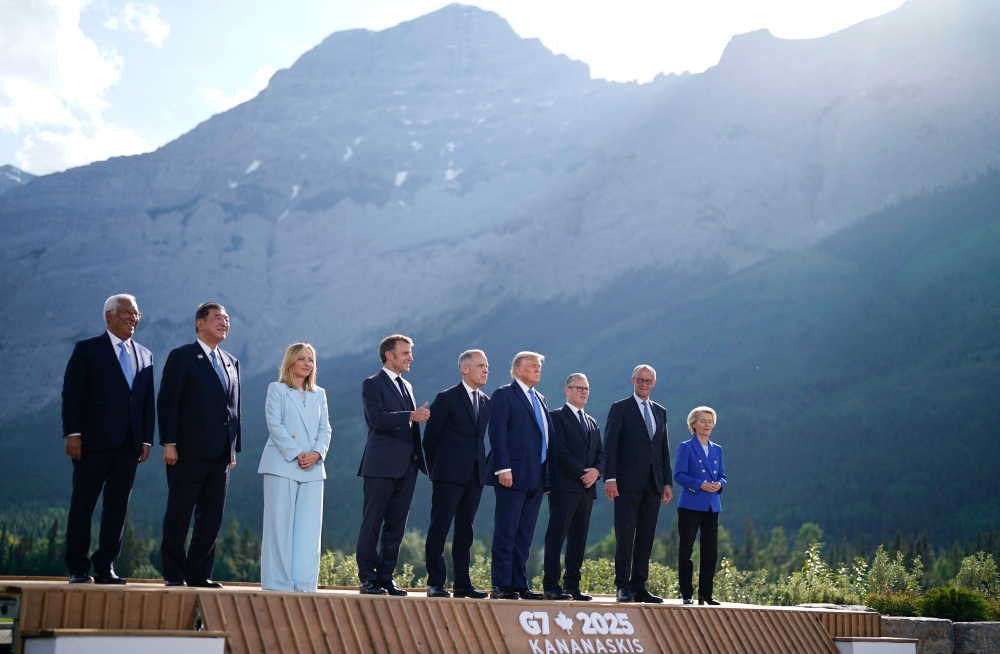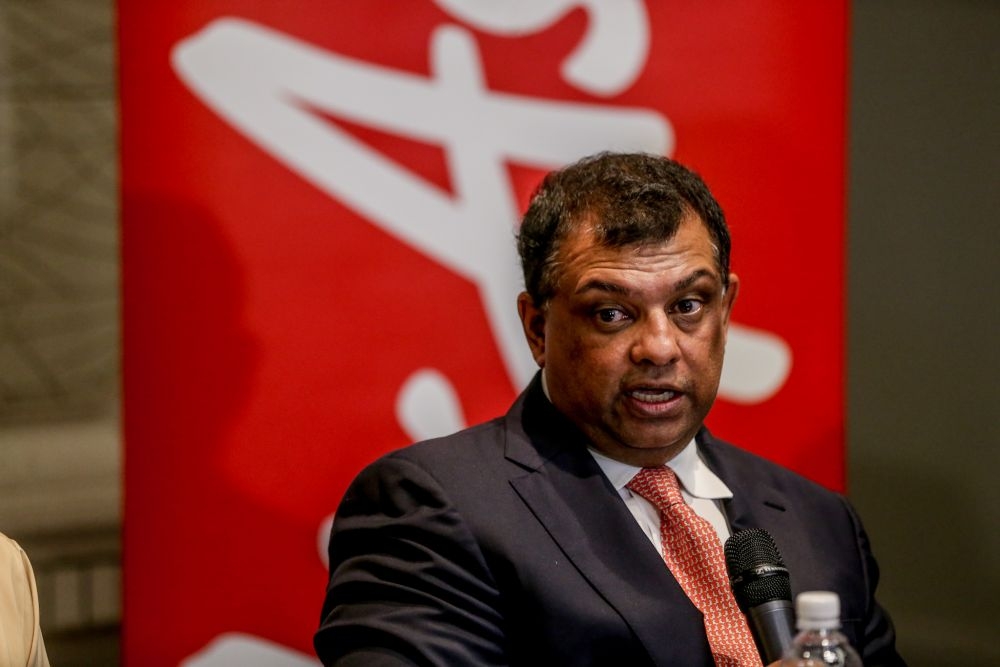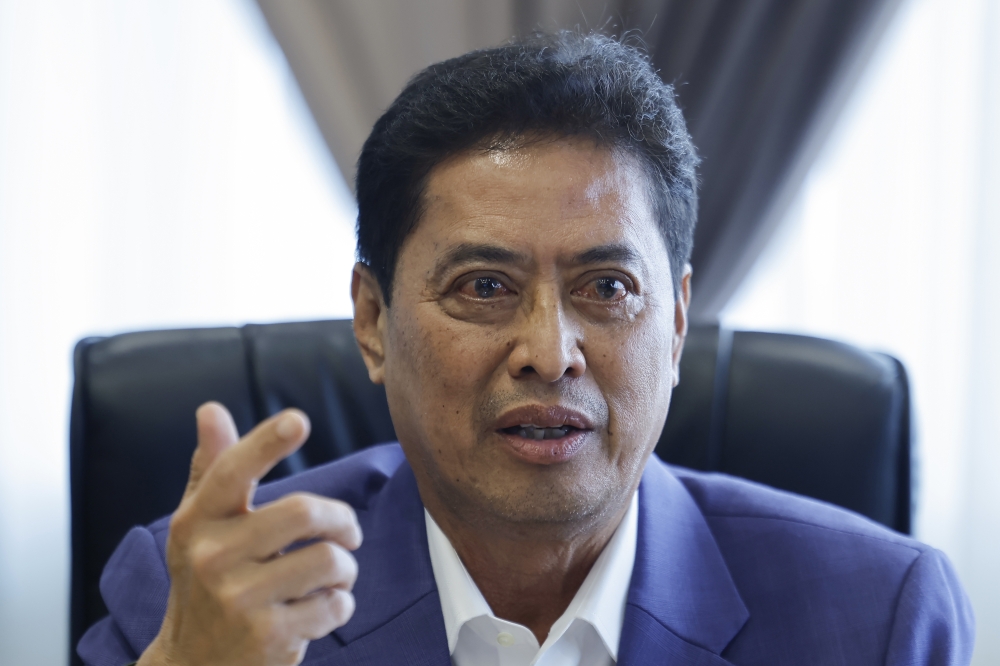JUNE 19 — When Russia annexed Crimea in 2014, it was swiftly ejected from the G8, reverting the influential economic forum back to the G7. That decision was made on the premise that great powers must abide by international law. But nearly a decade later, the grouping faces yet another foundational rupture — not by expelling a member, but through the voluntary abandonment of the G7’s raison d’être by the United States under Donald Trump.
The original G7—formed in the wake of the 1973 oil crisis and the subsequent economic instability wrought by the Yom Kippur (or Ramadan) War between Egypt and Israel—was intended to stabilize the Western-led economic order. It emerged at a time when US global dominance was waning, following the messy withdrawal from Vietnam and the global inflation shock caused by skyrocketing oil prices. The G7 offered a platform to coordinate macroeconomic policy, uphold liberal norms, and contain geopolitical shocks.
Yet what began as an exercise in economic and political solidarity has now become a theater of fragmentation.
As Politico Europe reports, the latest G7 summit in Canada has exposed just how fragile Western cohesion has become. President Trump, a self-styled disruptor, once again upended multilateral expectations. He abruptly departed the summit before its conclusion, offering no support for a unified declaration on Ukraine—an omission which signals not just indifference, but active resistance to the group’s foundational values.
His departure, ostensibly to deal with the escalating Iran-Israel crisis, leaves the G7 teetering on the edge of irrelevance. In effect, what remains is a G6—Canada, France, Germany, Italy, Japan, and the United Kingdom—desperately trying to hold the center while the United States absents itself both physically and diplomatically.
What is most striking is the G7’s quiet embrace of realpolitik in response. Rather than challenge Trump head-on, leaders like France’s Emmanuel Macron and Germany’s Olaf Scholz are engaging in what the Politico article calls “damage control”—seeking ways to work around, rather than with, the current US administration. The multilateral system, already weakened by trade wars, pandemic nationalism, and populist shocks, is now adjusting to an America that no longer sees value in leading it.

This marks a profound structural and systemic shift. The G7, once an anchor of stability, has become a venue for managing disunity. With Trump’s early departure and refusal to align with the group on Ukraine, the prospect of a coherent Western stance on major global crises—be it Iran, Ukraine, climate, or AI regulation—is collapsing. The implications are sobering.
Worse still, the institutional fragility may soon be compounded by a looming financial vacuum. Jerome Powell, Chairman of the Federal Reserve, is due to conclude his term in June 2027. Should Trump seek to replace him with a more compliant figure—or worse, politicize the independence of the Fed—the implications for global financial stability could be disastrous. Markets are jittery as it is, and the absence of a steady US hand in both fiscal and monetary policy could trigger widespread volatility, especially at a time when multiple regional conflicts threaten to metastasize.
Trump’s exit from the G7 is more than just another example of diplomatic unpredictability. It signals the possible eclipse of the US as a reliable pillar of global leadership. From G8 to G7, and now de facto G6, we are witnessing not just the erosion of Western unity—but the unraveling of the post-World War II order itself.
The collapse is not loud or sudden. It is slow, confused, and hollowed from within—one summit walkout, one abandoned declaration, one missed opportunity at a time. The world now inches closer toward a multipolar chaos, where no single actor has the legitimacy, stability, or willingness to lead.
In such a landscape, it is not only the rules that break—but the very idea of rules itself.
*Phar Kim Beng is Professor of Asean Studies at the International Islamic University Malaysia. Professor of Asean Studies, International Islamic University Malaysia
** This is the personal opinion of the writer or publication and does not necessarily represent the views of Malay Mail.




















